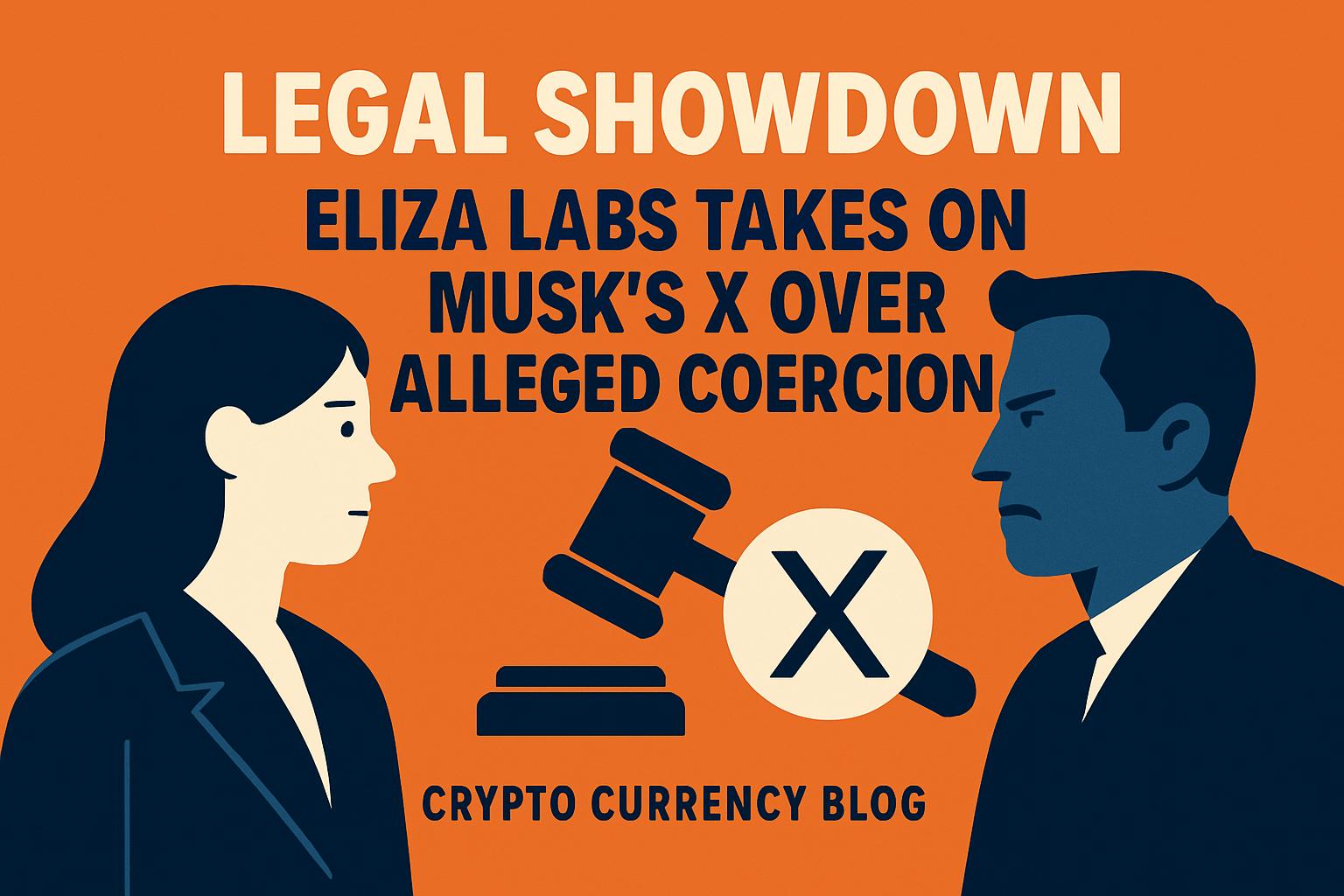In a gripping courtroom drama unfolding in the San Francisco federal court, Eliza Labs, a trailblazer in AI agent technology, has filed an antitrust lawsuit against Elon Musk’s social platform, X. The lawsuit accuses X of leveraging supposed collaboration into an act of extortion by imposing hefty licensing fees, only to later suspend Eliza’s account and launch a competitive product.
The Tale of Partnership Gone Awry
Founded in 2024, Eliza Labs quickly established itself as a leader in open-source AI solutions. The budding relationship with X began auspiciously, with X expressing keen interest in Eliza’s innovative technologies. However, the spirit of cooperation soured after a meeting at X headquarters, where the conversation shifted drastically. X demanded a seemingly exorbitant $600,000 per year licensing fee for Eliza to continue operating on their platform, a substantial uptick from the previous $20,000. The abrupt escalation led to heated disputes and inevitable legal proceedings.
Accusations of Opportunism and Market Disruption
Eliza Labs founder Shaw Walters claims X extensively extracted valuable technical documentation under the guise of partnership, ensuring Eliza’s account would be reinstated. However, the promise was never fulfilled. By mid-2025, Eliza’s operations were abruptly halted when their X account was suspended, dramatically affecting their business and client relations. Meanwhile, X introduced its product, Grok, to fill the void, leading Walters to allege a cunning maneuver to monopolize the market.
Contentious Defense: The Role of Section 230
This legal battle centers around the contentious application of Section 230 of the U.S. Communications Decency Act. Traditionally, this provision shields platforms from liability concerning user-generated content and allows them to manage content without bearing legal responsibility. Walters anticipates that X will utilize this defense to justify the suspension as routine content moderation. However, he argues this case transcends standard practice, accusing X of strategically exploiting regulatory protections to eliminate competition.
Despite the legal tumult, Walters remains resolute. He underscores Eliza’s commitment to its open-source ethos, rallying support through the campaign hashtag #freeEliza, signaling an ongoing commitment to transparency and perseverance.
The stakes are high, and as neither party has publicly commented, the tech world waits with bated breath to see how this legal saga will unfold.

![[News] Bitcoin at a Turning Point? 10x Research Signals a Bullish Macro Shift Ahead](https://cryptoexplores.com/wp-content/uploads/2025/06/new20250616.jpg)
![[News] Binance Lists $HOME, the Gas-Free, Bridge-Free All-in-One DeFi App](https://cryptoexplores.com/wp-content/uploads/2025/06/news20250617.jpg)